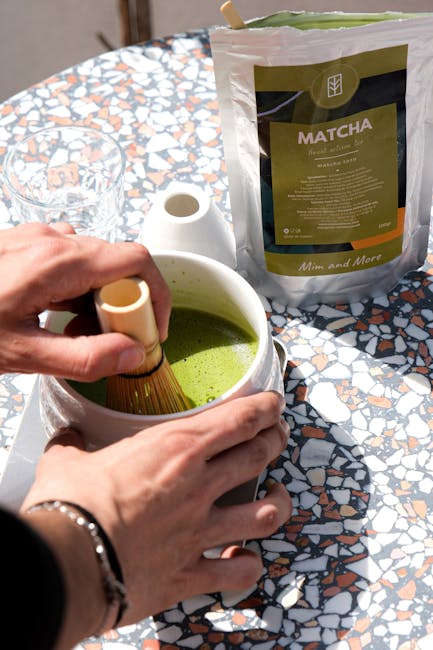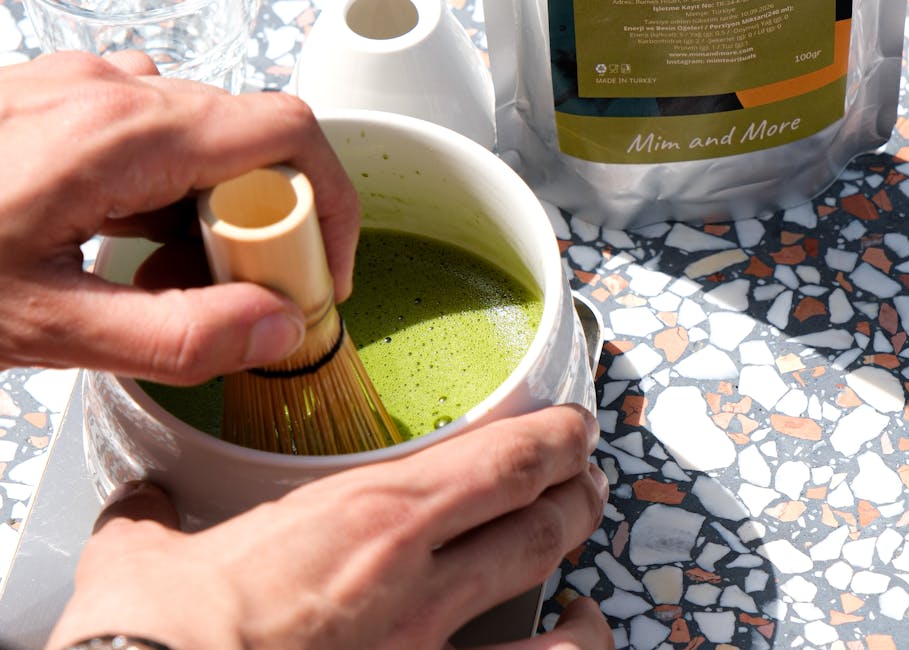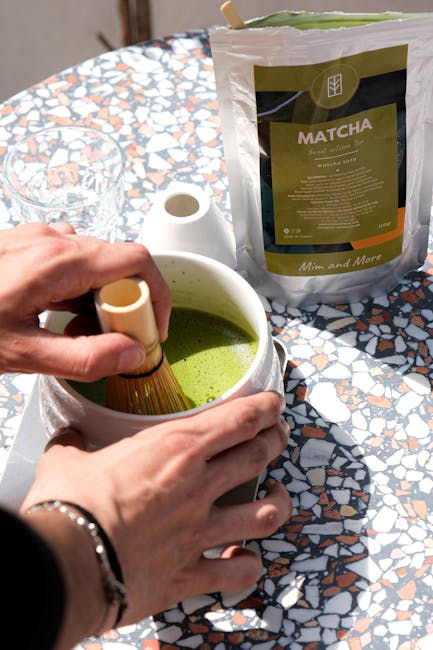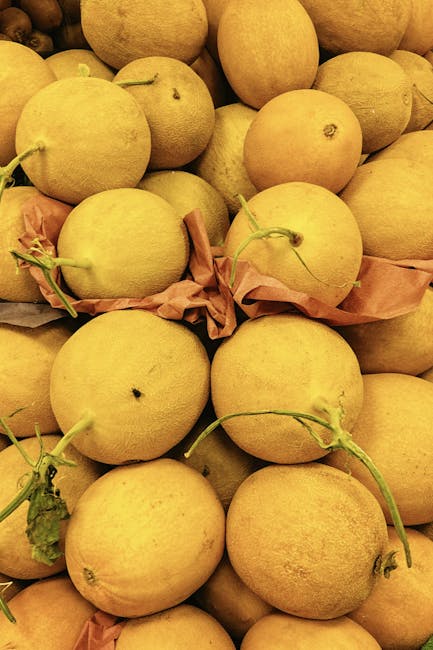Matcha and Fertility: Separating Fact from Fiction
Does Matcha Cause Infertility? Unpacking the Evidence
The vibrant green hue of matcha, the finely ground powder of Camellia sinensis leaves, has captivated health enthusiasts for its purported benefits. From increased energy and improved focus to antioxidant properties and potential weight management assistance, matcha has gained a prominent place in many diets. However, a question lingering in the minds of some, particularly those trying to conceive, is: Does matcha cause infertility? This article delves into the scientific evidence, exploring the potential impacts of matcha consumption on fertility in both men and women.
Matcha’s Composition: A Closer Look
Before examining its potential effects on fertility, let’s understand matcha’s composition. It’s rich in various compounds, including:
- Catechins: Powerful antioxidants, particularly epigallocatechin gallate (EGCG), known for their anti-inflammatory and potential health benefits. However, high concentrations of catechins may have some unforeseen effects.
- Caffeine: Matcha contains caffeine, a stimulant that can influence hormone levels and potentially affect reproductive health in high doses.
- Vitamins and Minerals: Matcha is a source of vitamins A, C, E, K, and several B vitamins, as well as minerals like potassium and magnesium. These nutrients are crucial for overall health, including reproductive health.
- L-theanine: An amino acid found in matcha, known to promote relaxation and reduce stress. Chronic stress can negatively impact fertility.
Matcha and Female Fertility: The Current Research
The impact of matcha on female fertility is largely unexplored in extensive human studies. Most of the information available stems from studies on the effects of caffeine and antioxidants, both present in matcha, on fertility. While some studies suggest a correlation between high caffeine intake and reduced fertility, this link is not definitive. The caffeine levels in matcha are often lower than in coffee, but individual sensitivity and consumption patterns vary significantly.
Furthermore, the antioxidant properties of matcha, primarily due to EGCG, are generally considered beneficial. Antioxidants help combat oxidative stress, which can damage eggs and impair fertility. However, the concentration of antioxidants in matcha, while substantial, hasn’t been directly linked to improved fertility outcomes in large-scale human trials.
The existing research mostly focuses on the individual components of matcha rather than the whole substance. More targeted research is needed to determine the specific effect of matcha consumption on female fertility parameters, such as ovulation regularity, egg quality, and implantation rates.

Matcha and Male Fertility: A Limited Understanding
The research on matcha’s impact on male fertility is even more limited. Similar to women, the effects are likely related to caffeine and antioxidant levels. High caffeine intake has been associated with decreased sperm count and motility in some studies, but the evidence isn’t conclusive. Again, the caffeine content in matcha is typically less than in coffee, but individual responses vary considerably.
The antioxidant properties of matcha might offer some potential benefits for male fertility by mitigating oxidative stress, which can damage sperm DNA. However, this remains largely speculative without comprehensive human studies explicitly investigating matcha’s impact on sperm parameters like concentration, morphology, and motility.

Potential Risks and Considerations
While direct evidence linking matcha consumption to infertility is lacking, several factors warrant careful consideration:
- Caffeine Sensitivity: Individuals highly sensitive to caffeine should monitor their intake closely. Excessive caffeine consumption can disrupt hormonal balance and potentially affect fertility.
- Medication Interactions: Matcha can interact with certain medications. Consult your doctor if you’re taking any medications, particularly those metabolized by the liver, before significantly increasing your matcha consumption.
- Dosage and Frequency: Moderation is key. Excessive consumption of any substance can lead to unintended consequences. Start with small quantities of matcha and observe your body’s response.
- Individual Variation: Individual responses to matcha vary significantly. What might be harmless for one person could have adverse effects on another.
Conclusion: A Need for Further Research
The question of whether matcha causes infertility remains largely unanswered by definitive scientific research. Existing studies focus more on the individual components of matcha (caffeine and antioxidants) than on the compound itself. While high caffeine intake is linked to potential fertility issues in some studies, matcha usually contains less caffeine than coffee. Moreover, the antioxidant properties of matcha may potentially offer benefits in mitigating oxidative stress.
However, the lack of large-scale, well-designed studies specifically investigating matcha’s influence on fertility necessitates cautious optimism. Further research is crucial to establish a clear understanding of its impact on reproductive health in both men and women. Until then, moderation is recommended, especially for those actively trying to conceive. Consulting a healthcare professional or fertility specialist is advisable, particularly if you have concerns about your fertility and matcha consumption.

Recommendations for Individuals Trying to Conceive
If you are trying to conceive, it is recommended to:
- Maintain a balanced diet: Focus on nutritious foods, including fruits, vegetables, and whole grains.
- Limit caffeine intake: Reduce your consumption of caffeinated beverages, including matcha, to moderate levels.
- Manage stress: Practice stress-reducing techniques such as yoga, meditation, or deep breathing exercises.
- Consult your doctor: Discuss your dietary choices, including matcha consumption, with your doctor or a fertility specialist to receive personalized advice.
The journey to conception is unique to each individual. While matcha might not directly cause infertility, maintaining a healthy lifestyle and consulting healthcare professionals are essential steps toward maximizing your chances of successful conception.



